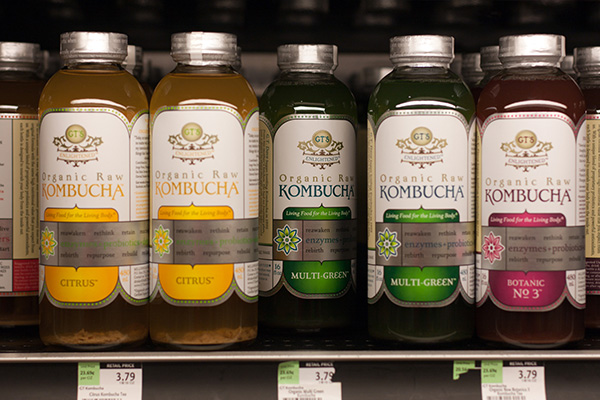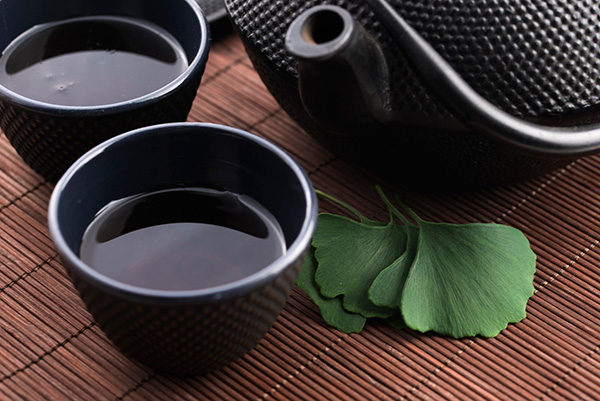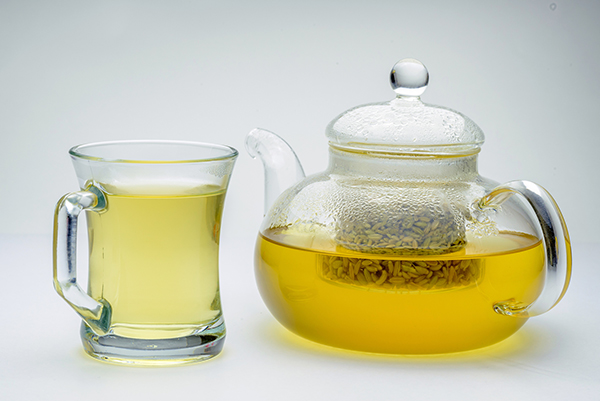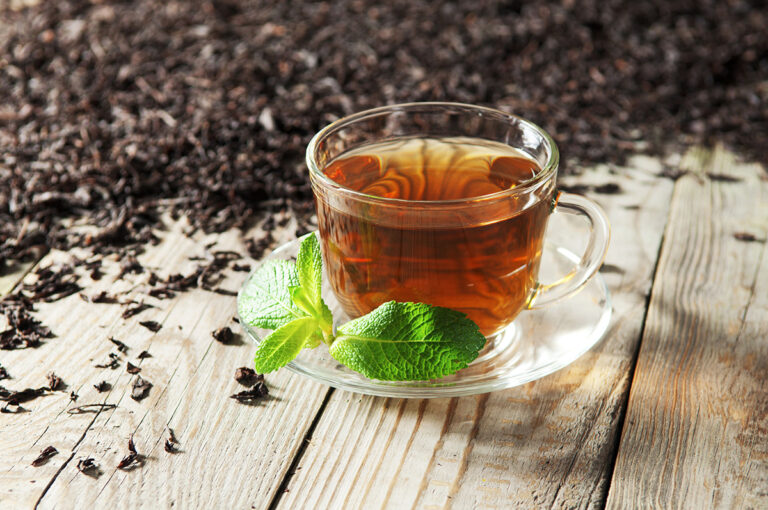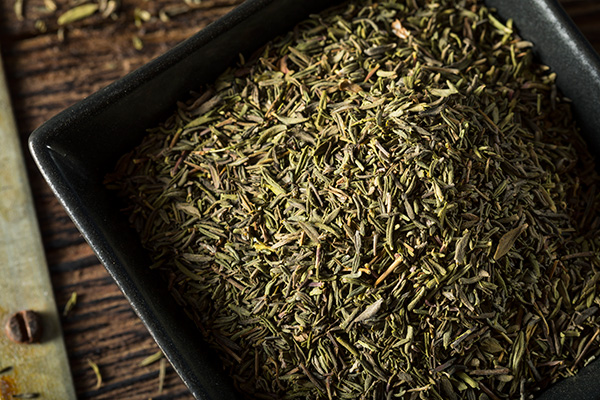Kombucha Starter Tea: What Is It and How to Make It?
Kombucha, a popular fermented tea beverage, has gained widespread attention for its potential health benefits and unique, tangy taste.
Central to the process of brewing kombucha is the kombucha starter tea, a vital component containing a balanced mix of beneficial bacteria, yeast, and organic acids.
In this article, we delve into the world of kombucha starter tea, discussing its main ingredients, role in the brewing process, and how to obtain it for your homebrewing endeavors.
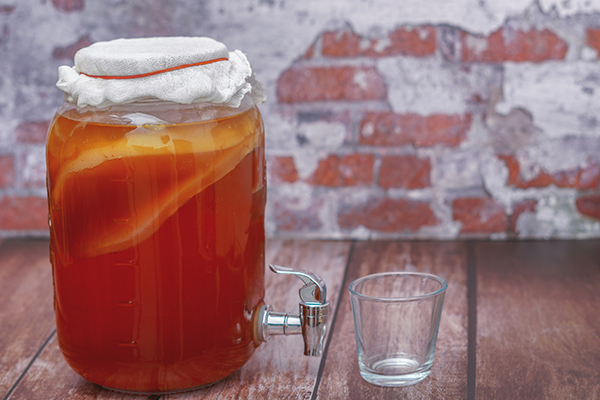
What Is Kombucha Starter Tea?
Kombucha starter tea, also known as the “starter liquid” or “mother tea,” is essential for brewing kombucha, a fermented tea beverage. It is a mixture of previously fermented kombucha tea and a symbiotic culture of bacteria and yeast (SCOBY). The starter tea is rich in beneficial bacteria, yeasts, and organic acids that help kickstart the fermentation process of a new batch of kombucha.
What Are the Main Ingredients of Kombucha Starter Tea?
The main ingredients of kombucha starter tea are:
- Previously fermented kombucha tea: This is mature kombucha from a previous successful batch, which already contains a balanced mix of beneficial microbes and organic acids.
- SCOBY (Symbiotic Culture of Bacteria and Yeast): This is a rubbery, gelatinous disc that floats on the surface of the fermenting kombucha. The SCOBY is a living culture that plays a crucial role in fermenting the tea and converting sugar into various organic acids, carbon dioxide, and trace amounts of alcohol.
What Is the Role of Starter Tea in Kombucha Brewing?
The kombucha starter tea has several important functions in the brewing process:
- Acidifies the new batch: The starter tea introduces the right amount of acidity to the new batch, creating an inhospitable environment for harmful microorganisms that could potentially spoil the kombucha.
- Introduces beneficial bacteria and yeast: The starter tea contains a mix of beneficial bacteria and yeast, which help ferment the sweet tea mixture by breaking down sugar into organic acids, carbon dioxide, and trace amounts of alcohol.
- Enhances flavor: The starter tea contributes to the final taste of the kombucha by adding sourness, effervescence, and a slightly tangy flavor.
- Speeds up the fermentation process: The living microbes present in the starter tea accelerate the fermentation process, reducing the time it takes to produce a new batch of kombucha.
Where Do I Get Kombucha Starter Tea?
There are several ways to obtain kombucha starter tea:
- Purchase online: You can find kombucha starter kits or starter tea (with or without a SCOBY) on various online platforms, such as Amazon, eBay, or dedicated kombucha supply websites. These kits often come with detailed instructions to help you brew your first batch.
- Local health food stores: Some health food stores and specialty shops sell kombucha starter kits, starter tea, or SCOBYs. Check your local stores and inquire if they carry these items.
- Friends or acquaintances: If you know someone who already brews kombucha, they may be willing to share a portion of their starter tea and/or a SCOBY with you. Kombucha homebrewers often have extra SCOBYs, as a new one forms with each batch of kombucha.
- Social media or online forums: You can also search for local kombucha enthusiasts on social media platforms or kombucha brewing forums. People in these groups are often happy to share their knowledge and might provide you with starter tea or a SCOBY.
Can I Use Store Bought Kombucha as Starter Tea?
Yes, you can use store-bought kombucha as a starter tea, but there are a few important factors to consider:
- Choose a raw, unpasteurized kombucha: Pasteurization kills the live bacteria and yeast needed for fermentation, so be sure to choose a raw, unpasteurized, and unfiltered kombucha. The label should indicate that it contains live cultures.
- Avoid flavored kombucha: Flavored kombucha may contain added sugars, fruit, or other ingredients that could affect fermentation. Opt for a plain or original kombucha with no added flavors.
- Look for kombucha with a visible SCOBY or sediment: A visible SCOBY (Symbiotic Culture of Bacteria and Yeast) or some sediment at the bottom of the bottle indicates that the kombucha has active cultures. This will increase the likelihood of a successful fermentation.
- Be aware of variability: Store-bought kombucha may have different strains of bacteria and yeast compared to homemade kombucha starter tea. This may result in variations in taste, acidity, and fermentation time. A SCOBY might also take longer to form when using store-bought kombucha.
How Much Starter Tea for 1 Gallon of Kombucha?
For a 1-gallon batch of kombucha, you’ll typically need around 1 to 2 cups (240 to 480 milliliters) of starter tea. This amount helps to create the right balance of acidity, inhibits the growth of harmful bacteria, and kickstarts the fermentation process.
Final Thoughts
In conclusion, kombucha starter tea is crucial for successful kombucha brewing, providing essential microbes and flavor enhancement.
Obtaining starter tea can be achieved through various sources, including online and local stores or fellow enthusiasts. When using store-bought kombucha, consider factors such as pasteurization and flavoring to ensure a fruitful fermentation.
You can confidently create delicious kombucha beverages at home with a solid understanding of kombucha starter tea.
FAQ
How Long to Steep Tea for Kombucha?
The steeping time for tea in making kombucha depends on the type of tea: black tea should steep for 3-4 minutes, green tea for 2 minutes, oolong tea for 1-5 minutes, white tea for 4-5 minutes, and Pu-Erh tea for 3-4 minutes. These are general guidelines and may need slight adjustments depending on your flavor preference.

